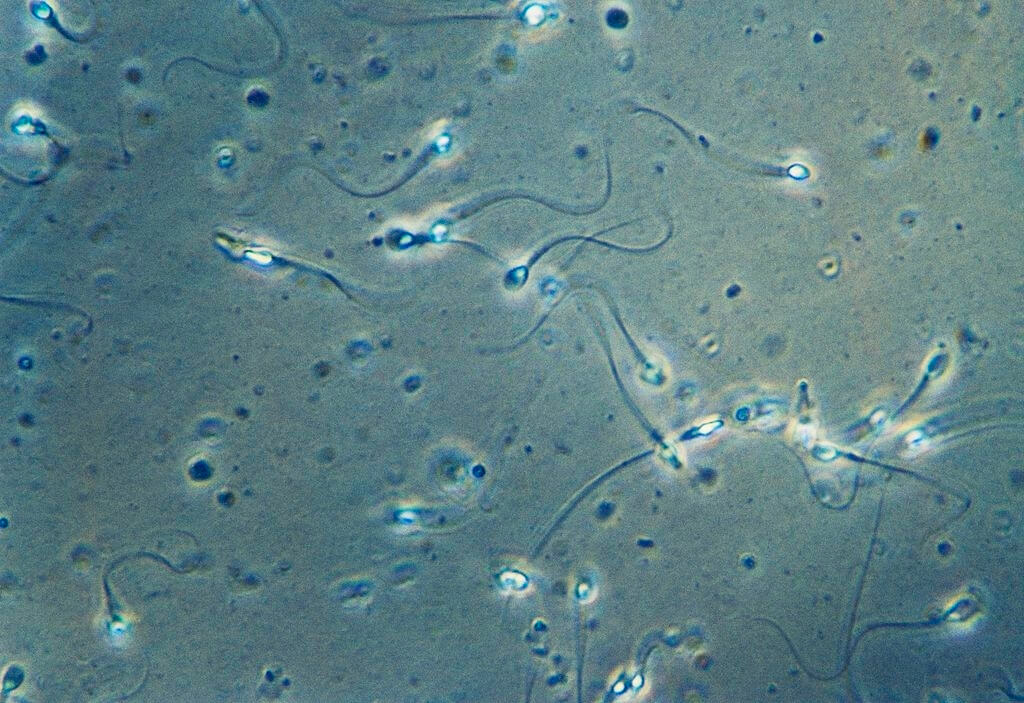Male Infertility is a gentle topic that is often ignored and the reasons for infertility are assumed to be well known among the public. There are yet some underlying habits and disorders that might lead to male infertility.
This topic is widely researched done and one such research published by done by Professor Margaret G. Petroff, Ph.D. yields some never-expected results.
Autoimmune Disorders That Might Lead To Male Infertility
The research included mice as test subjects and the absence of autoimmune regulator (Aire) in mice showed signs of infertility in almost all of them.

It was seen that the absence of regulators triggered an autoimmune response which in turn caused infertility has been present in many of the samples.
Various malefactors affect fertility and these factors are yet to be researched upon. There are various factors that affect the fertility level among males and most of them resemble the fertility level of mice that is why the new research was done with the help of samples from mice.
As per an estimate, around 20 million males suffer from various disorders that lead to infertility and experts believe that this research will be useful to have a better option for such patients across the globe.
Professor Margaret G. Petroff from College of Veterinary Medicine, Michigan State University, East Lansing, MI, U.S says that the autoimmune response is crucial to be investigated as it is completely unexplored, and it can affect fertility massively.
The immune system works in a way to kill any foreign cells that it might seem to possess risk and whenever it senses cells other than its own it kills the cells.
This is a natural reaction of the immune system and when it comes to the immune system working with the reproductive system. Things tend to get complicated.
The gene that helps the immune system to distinguish between its own cells and foreign cells is Aire. This gene is expressed in the thymus and sometimes due to various disorders the Aire gene is absent. This triggers the autoimmune response which leads to infertility.
The research continued and a group of Aire deficient mise was paired with fertile female mise. Aire deficient male mice showed signs of less frequent mating cycles and it took up as long as two weeks for the male mise to go through with a single mating cycle.
The Aire deficient male mice were also less interested in mating and their sperm quality was also below par which could not lead to fertilization. The same mise was rarely able to produce a litter, and even in vitro fertilization, they could not produce viable embryos.
The absence of the gene also resulted in low levels of testosterone thus becoming an additional factor affecting fertility.
Male Mise with the Are gene showed opposite results with frequent mating cycles, healthy quality of sperm, and high levels of testosterone.
There might be various other factors that might be triggering the autoimmune response and the constant damage to the sperm and low hormonal release can be seen in humans as well.
After extensive research, some results said that Aire might be expressed in other organs, not just in the thymus. This is quite a new possibility to investigate and there is still research going on regarding this.
Opening to these possibilities and looking into the complexities is a thing to look forward to. This not only helps to understand the current issues but also helps to find a way to work on developing a fix. There might be special immunosuppressing medicines that could cure autoimmune responsive leading to male infertility as well.